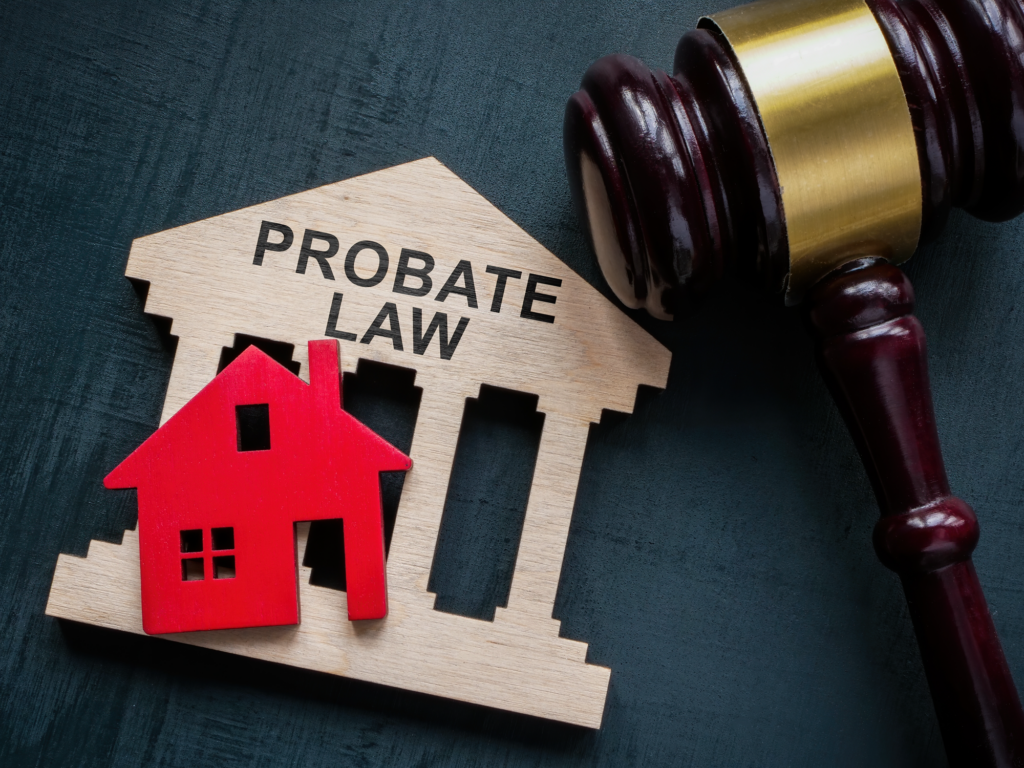
In the wake of a loved one’s passing, the mantle of responsibility often falls upon the designated Personal Representative (PR), tasked with managing the deceased’s estate through the intricate legal process of probate. Amidst the emotional turmoil, a common question arises: Can you live in a house during probate?
A common query that arises pertains to the occupation of the deceased’s residence during probate. The response hinges on various factors, including the estate’s specific circumstances, local laws, and the preferences of the appointed executor or administrator.
Can You Live In A House During Probate? Yes, and Here are Some Guidelines
Yes, you can live in a house during probate. Here’s how. Generally, if the house served as the deceased person’s primary residence or belongs to a beneficiary, the executor may permit the occupant to continue residing there during probate. This is especially true if the occupant is a surviving spouse or a minor child. However, specific conditions, such as property maintenance and property tax payment responsibilities, may be attached to this arrangement.
Factors Influencing Occupancy Rights
Several factors come into play when determining if you can live in a house during probate:
- Property Status: If the property is solely owned by the deceased without any liens or encumbrances, the executor may have more discretion in allowing occupancy. Joint ownership or an existing mortgage, however, may involve input from co-owners or lenders.
- Existence of a Will: The presence of a will can dictate whether the house can be occupied during probate. The executor is typically obligated to honor the deceased’s wishes as specified in the will.
- Local Laws: State and local laws govern the occupancy of a house during probate and may vary by jurisdiction. Consulting with an attorney is crucial to understanding the specific rules applicable in a given area.
- Executor’s Wishes: Ultimately, the decision to permit residency in a house during probate rests with the executor or administrator. They must consider all relevant factors and make a decision in the estate’s best interests.
Alternatives to Living in a House During Probate
As we mentioned earlier, yes you can live in a house during probate under certain conditions. However, if living in a house during probate is not feasible, several alternative arrangements can be considered:
- Renting the House: If the property is in good condition, the executor may opt to rent it out to generate income for the estate, especially if it is situated in a desirable location.
- Selling the House: If selling the house aligns with the estate’s best interests, the executor can initiate the process of marketing and selling the property. Though complex, this option allows for a quick realization of the property’s value and distribution of proceeds to beneficiaries.
- Leaving the House Vacant: In the absence of a clear plan, the executor might choose to leave the house vacant during probate. However, this poses risks such as vulnerability to vandalism or neglect.
Seeking Legal Counsel When Deciding If You Can Live in a House During Probate
Navigating the probate process is challenging, and decisions about residency in a house during probate are often intricate. Seeking guidance from an experienced probate attorney is essential. An attorney can provide insights into rights and responsibilities, safeguard estate interests, and aid in making well-informed decisions about the property’s future.
Conclusion
Can you live in a house during probate? Yes, but the decision to allow someone to reside in a house during probate is personal and should be made on a case-by-case basis. By carefully considering relevant factors and obtaining legal guidance, individuals can ensure that decisions align with the estate’s best interests.

